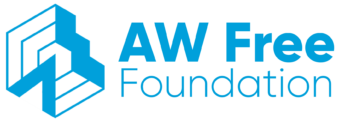Democracy cannot survive without free and independent media. Citizens must have accurate information about what their representatives are doing. The raft of new media restrictions now being implemented across the continent carries real threats to democratic societies.
What, then, is to be done? Much of the attention of late has rightly been on social-media companies themselves. They need to do more to remove inflammatory, hateful, and misleading content from their platforms. But at least three other sets of actors could also play important roles in bolstering public confidence in the media and pushing back against self-interested officials’ attempts to limit free speech and transparency, particularly given that Africa’s media crisis is about more than just the digital realm. Foreign governments and international organizations, including major donors, must make media freedom a priority when dealing with African states.
Governments that jail journalists, cut off the internet, and shutter media houses must be named and shamed. Sweeping regulations billed as a means of fighting hate speech and disinformation must be called out for what they often are: attempts to chill speech hostile to incumbents. Sadly, the hostility that many world leaders have shown to independent media in recent years generates understandable skepticism that the international community will robustly defend Africa’s media freedom.
Our Objective as a foundation is to build an enabling environment where we can support CSOs, media houses and governments to put increased focus on educating populations to avoid spreading misinformation and hate speech while countering the effects of such messages by means of their own conversations and behavior.
As a media foundation, media literacy and active-bystander training will be central in our action to ensure that the freedom of expression is achieved. Our research, publications, policy briefs and training resources will focus on analyzing the situation on the ground and areas where the various actors can make progress.
We also believe that by forming media coalitions across the continent, we can collaborate with African content producers to shoulder a measure of responsibility for doing better. Our fellowships and reporting grants can help forward-thinking publishers and broadcasters to participate in efforts to promote professionalism and social responsibility in journalism.
The status quo gives self-interested politicians too many opportunities to make sweeping attacks that are unfair to the thousands of journalists, broadcasters, and bloggers who work hard, despite slender resources and threats to their personal safety, to bring fair, accurate, and in-depth reporting to people throughout Africa.
